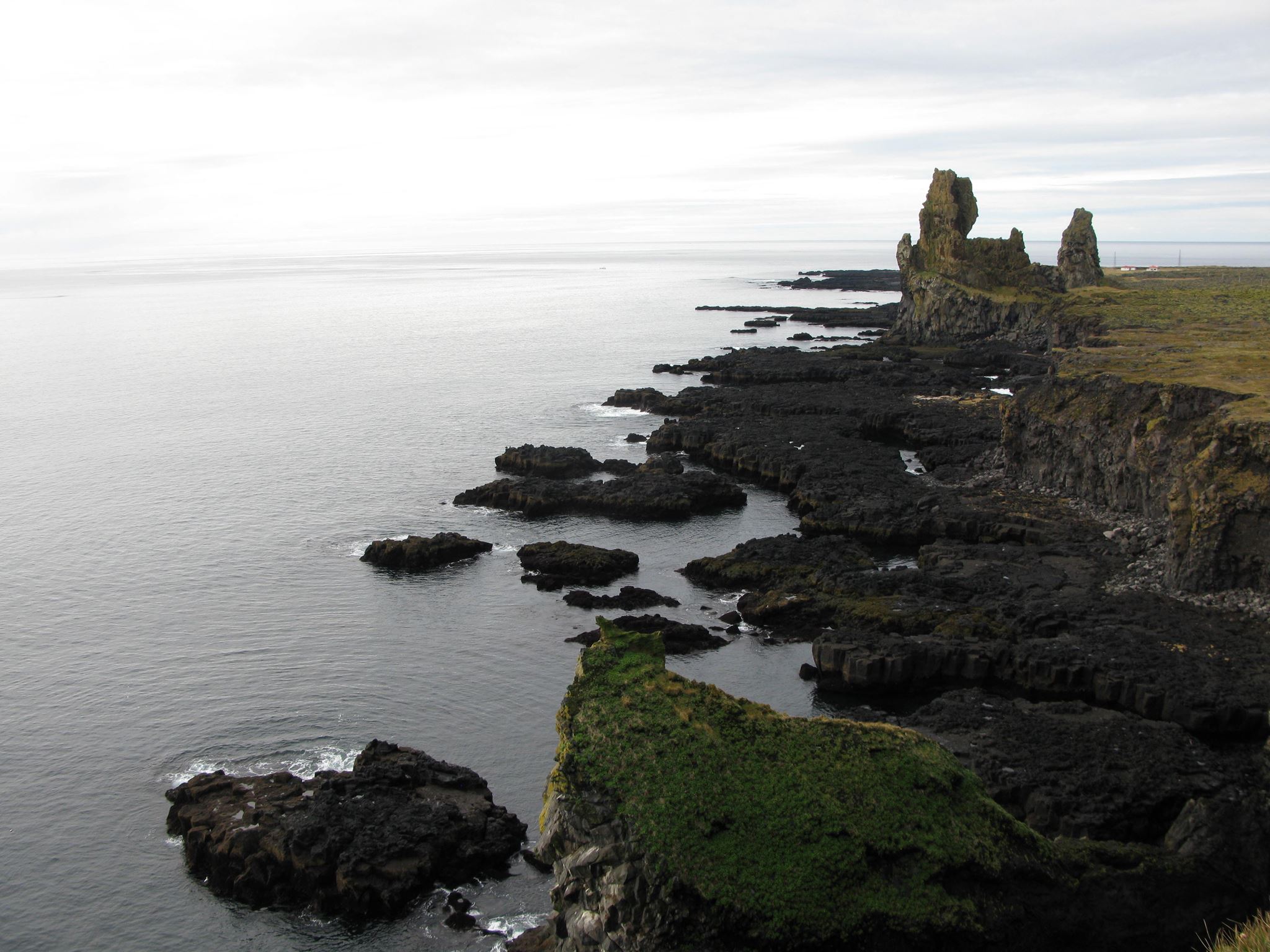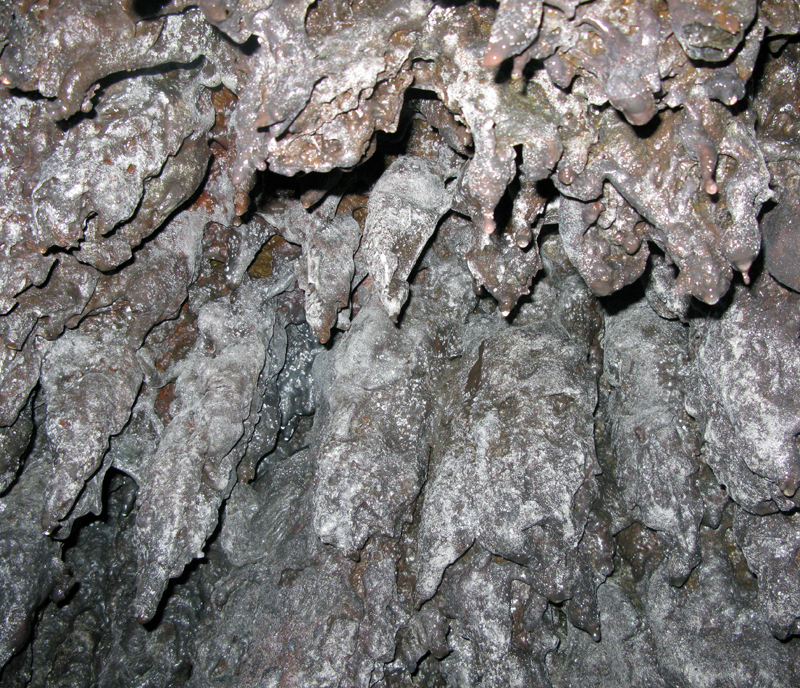Vinna við nýjar heimasíður Umhverfis- og orkustofnunar og Náttúruverndarstofnunar er í gangi. Heimasíða Umhverfisstofnunar er virk á meðan vinnunni stendur. Information in English
Geology
.jpg)
Snæfellsjökull National Park – Iceland’s first National Park to extend to the seashore – covers an area of 170 km2 (65 sq. miles). The Park’s southern boundary reaches to Háahraun in the region of Dagverðará while the northern part reaches to Gufuskálar. The coast is varied and alive with birdlife during the breeding season. The coastal plain is mostly covered by lava that flowed from the glacier or nearby craters. The lava is covered with moss but sheltered hollows can be found in many places, filled with a sizable variety of thriving, verdant plants. The omnipresent Snæfellsjökull glacier towers majestically over the Park, with trails of lava and signs of volcanic activity clearly visible on its flanks. On its north side the Eysteinsdalur valley cuts a path up from the plain encircled by alluring steep mountains.

The geology of Snæfellsnes Peninsula is diverse with formations from almost every era of Iceland’s past. The more prominent formations in and around the National Park mainly date from geologically “modern” times back to the last ice age. The hills to the north of the glacier, around Bárðarkista, are of volcanic palagonite tuff, formed during eruptions under the glacier or below the surface of the sea. Svalþúfa is most likely the eastern section of a crater that erupted under the sea, while Lóndrangar is a volcanic plug.

Lava is prominent on the landscape of this National Park with two types present – rough, jagged lava and smooth, ropy lava. Most of the lava emanated from the glacier, from the summit crater or from subsidiary craters on the flanks of the mountain. These lava formations are varied and fascinating, and there is a wealth of caves in the area. Visitors are advised not to enter caves unless accompanied by an experienced guide. Smaller volcanoes – Purkhólar, Hólahólar, Saxhólar and Öndverðarneshólar – are in the Park’s lowlands, surrounded by lava.